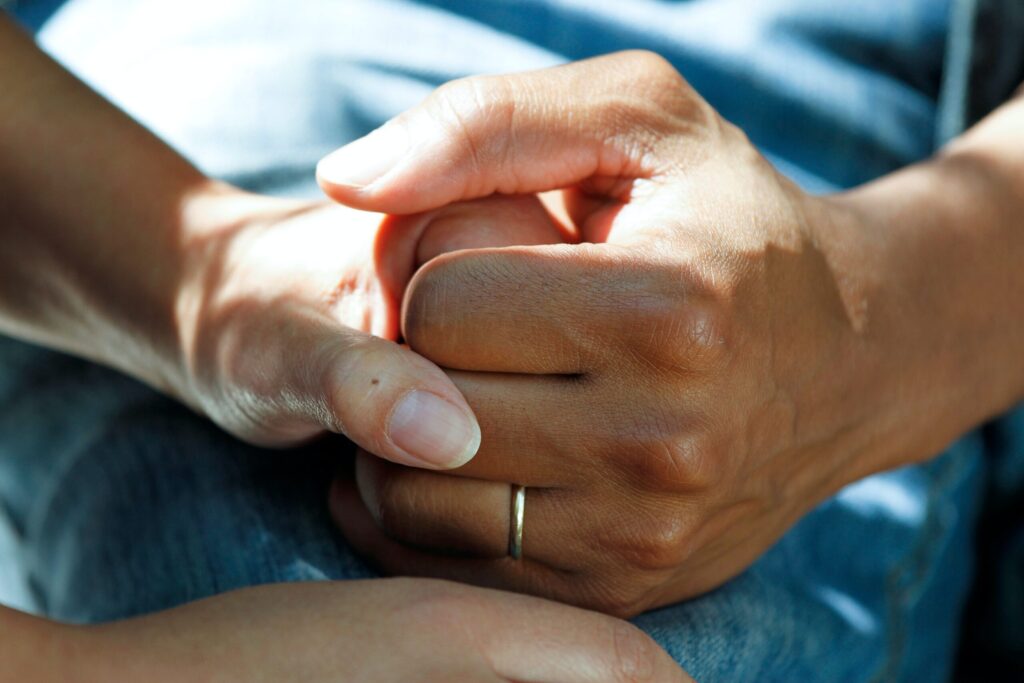Health Behavior Change Health Behavior Focus
Why is it Difficult for People to Change Behavior? I would Exercise, but....

Ms. Smith is a 60 yr.-old active adult who has just returned home following surgical repair of a torn rotator. She has a history of osteoarthritis and hypertension. Her decision to have this surgery was a difficult one.
She has friends who also had this same surgery in the past. Their stories of the severe pain that followed had her concerned, but the most unsettling was the friend who became dependent on the pain medication prescribed for therapy sessions.
Her son lives 250 miles away and is an only child. Another worry is that his coming to be with her will cause him to be away from his law practice. While she could probably find someone to come stay with her initially post-operatively, she knows he’ll want to be there with her. Putting his life first has always been very important to her.
During her initial physical therapy evaluation, she was instructed in ice therapy, physical limitation guidance outside of her therapy sessions and to take her pain medicine prior to coming for outpatient therapy visits.
During the third week of therapy post-op, her pain and stiffness increased beyond the therapist’s expectations making exercise during therapy quite difficult. Upon reassessing, the therapist learned that she had been taking an over the counter NSAID from time to time for pain and “toughing it out”, hoping she could get by.
Beliefs and Behavior Change
After all, Ms. Smith believed she could:
1. Make it easier on her son while he was there to help
2. Not become dependent on pain meds like her friend
COMPETING PRIORITIES
• The therapist’s priority was for pain control so he could get maximize Ms. Smith’s range of motion appropriate for that post-op visit.
• Ms. Smith’s priority was guided by her beliefs and personal concerns!
Such is the case with many patients. Healthcare decisions are affected by things important to the patient!
Such is the case with people and behavior change!
Choices and Behavior Change
Beliefs aren’t the only thing that prevents us from changing behavior. Other characteristics affect this too, such as one’s:
• Concerns
• Attitudes
• Values
• Faith, and even
• Birth generation
People struggle with behavior change because they’re often ambivalent about it! Dr. William Miller, originator of motivational interviewing (MI), says it’s the “but” in the middle that often keeps people “stuck”! What does being “stuck” sound like?
For Ms. Smith, ambivalence would sound like this:
“I would take my pain medicine like my therapist told me to, BUT:
• having less pain will make caring for me easier on my son while he’s here.”
• I’m concerned that I’ll become dependent on the medicine like my friend.”
Consider the huge the difference in Ms. Smith’s outcomes had her therapist known:
1. how to recognize ambivalence, and
2. use evidence-based conversational skills to guide her through it.
Ms. Smith would have had better pain management, improved joint movement during therapy and less anxiety of becoming dependent on her pain medicine, all things important to both the patient, her therapist and to the outcome!
Miller, W. and Rollnick S. (2008). Preparing people for change. New York: The Guilford Press

